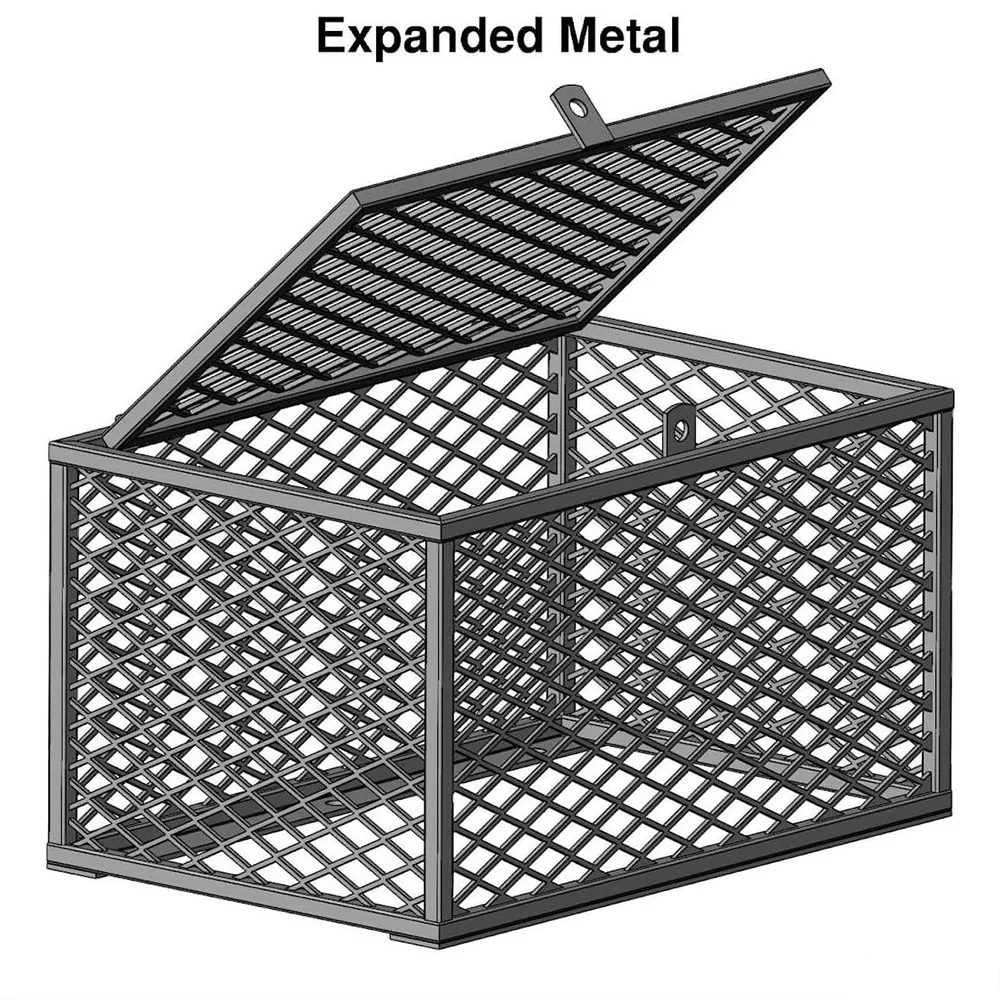Essential Guide to Choosing Nails for Treated Wood Projects and Applications
Nails for Treated Wood Choosing the Right Fasteners for Durability and Performance
When it comes to woodworking projects, especially those involving external structures, choosing the right fasteners is crucial. This is particularly true when working with treated wood, which is commonly used for decks, fences, and landscaping projects due to its resistance to decay and insects. However, not all nails are created equal, and using the appropriate nails for treated wood can significantly impact the longevity and stability of your constructions.
Understanding Treated Wood
Treated wood refers to lumber that has undergone pressure treatment with preservatives to protect it from rot, insects, and other forms of deterioration. Common treatments include chemicals like copper azole and chromated copper arsenate (CCA). While these treatments enhance the wood’s durability, they can also affect the choice of fastening materials.
Why Nail Choice Matters
Using the wrong type of nails can lead to several issues, including corrosion, reduced structural integrity, and ultimately failure of the project. Treated wood contains chemicals that can accelerate the corrosion of traditional steel nails. Therefore, selecting nails that are specifically designed to be compatible with treated wood is essential to ensure that your project stands the test of time.
Types of Nails Suitable for Treated Wood
1. Galvanized Nails Galvanized nails are coated with a layer of zinc to protect against rust and corrosion. They are widely recommended for use with treated wood. When choosing galvanized nails, ensure they have a hot-dipped galvanization, as this provides a thicker and more durable coating compared to electro-galvanized nails.
2. Stainless Steel Nails For maximum resistance to corrosion, stainless steel nails are an excellent choice. They do not react with the chemicals found in treated wood, making them ideal for environments with high moisture levels, such as coastal areas or regions with heavy rainfall. While they come at a higher price point than other options, their long-lasting performance often justifies the investment.
nails for treated wood

3. Coated Decking Screws Although not traditional nails, coated decking screws are a popular alternative for fastening treated wood, especially in deck construction. These screws are coated with materials like polymer or epoxy, providing strong resistance to corrosion. They also offer better holding power compared to nails, which can be advantageous for certain applications.
Specific Applications for Nails in Treated Wood
1. Decking When constructing decks, it’s important to use fasteners that can withstand the outdoor elements. Stainless steel or hot-dipped galvanized nails or screws are recommended for attaching deck boards to the frame. Additionally, consider using screws for a tighter fit and easier replacement if a board becomes damaged.
2. Fencing Fencing made from treated wood requires nails that can handle exposure to the elements. Galvanized nails are typically sufficient; however, for areas prone to moisture or insect activity, stainless steel may be the better choice.
3. Landscaping Projects For landscaping features such as raised garden beds or trellises, using treated wood is a smart choice. In this case, galvanized nails or screws are effective, providing both structural integrity and resistance to the elements.
Installation Tips
When fastening treated wood, it's essential to avoid using too much force, which can split the wood. Pre-drilling holes can help minimize this risk, especially in harder woods. Additionally, always follow the manufacturer’s instructions regarding the types of fasteners to use with their treated products to ensure compliance and avoid voiding warranties.
Conclusion
Choosing the right nails for treated wood is crucial for any woodworking project that is exposed to the elements. Galvanized and stainless steel nails, along with coated screws, provide the best options for durability and performance. Understanding the specific requirements of your project will help you select the appropriate fasteners, ensuring your construction is both sturdy and resilient. Investing in the right nails not only enhances the longevity of your work but also offers peace of mind knowing your structure will withstand the test of time.
-
Wire Mesh Fence Is the Top ChoiceNewsMay.20,2025
-
Ultimate Security Solution for Modern FencingNewsMay.20,2025
-
The Growing Demand for 3D FencesNewsMay.20,2025
-
The Backbone of Every Building ProjectNewsMay.20,2025
-
Explore the Versatility of Iron WireNewsMay.20,2025
-
Essential Backbone of Modern ConstructionNewsMay.20,2025




